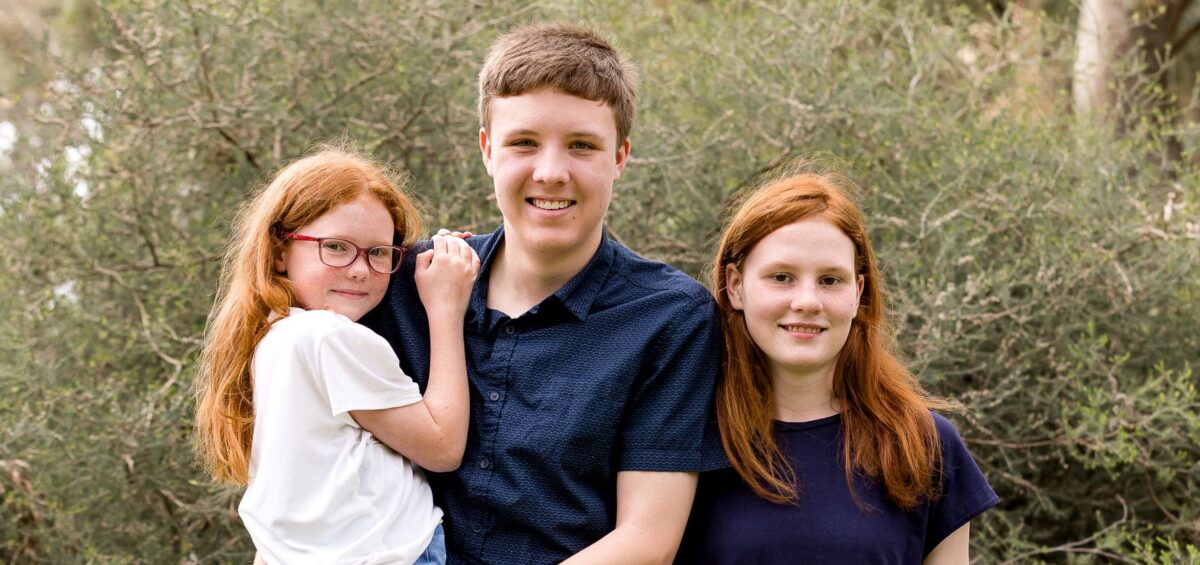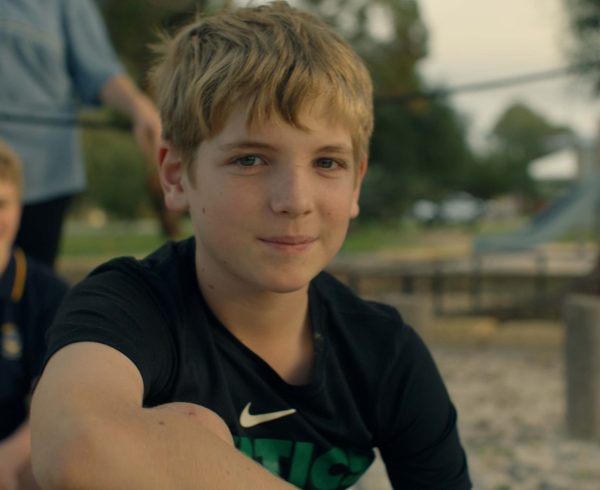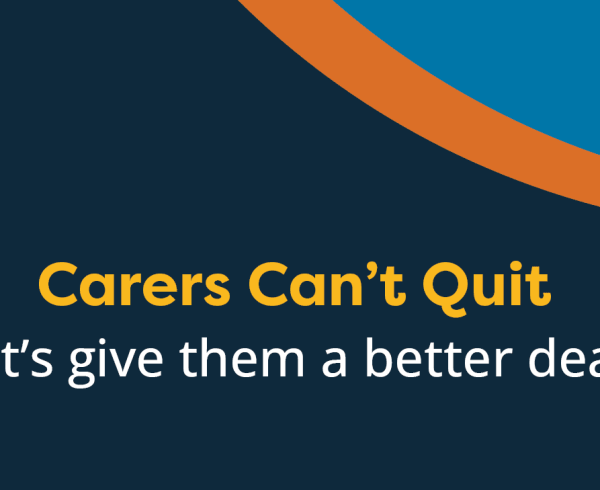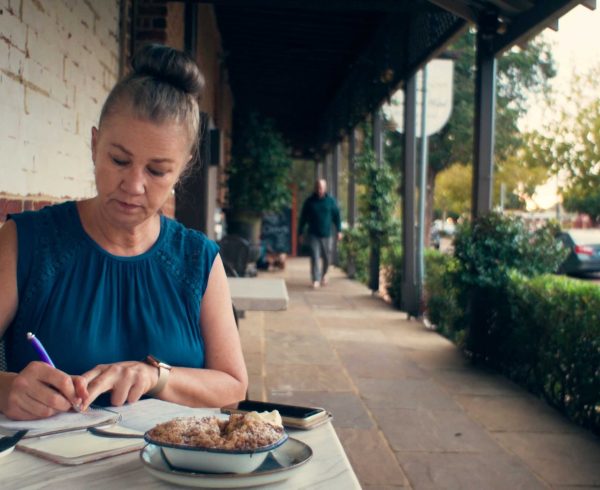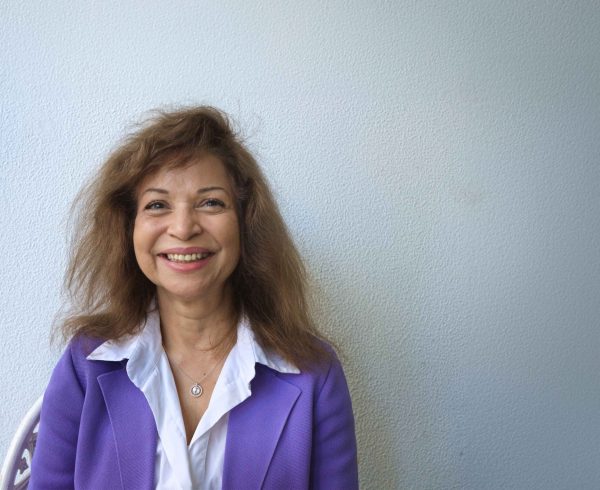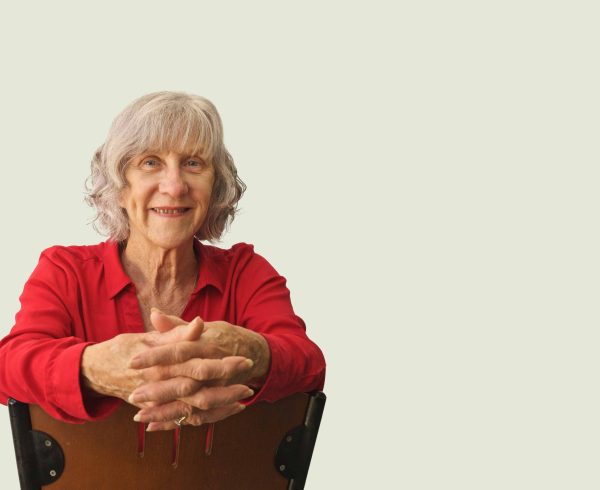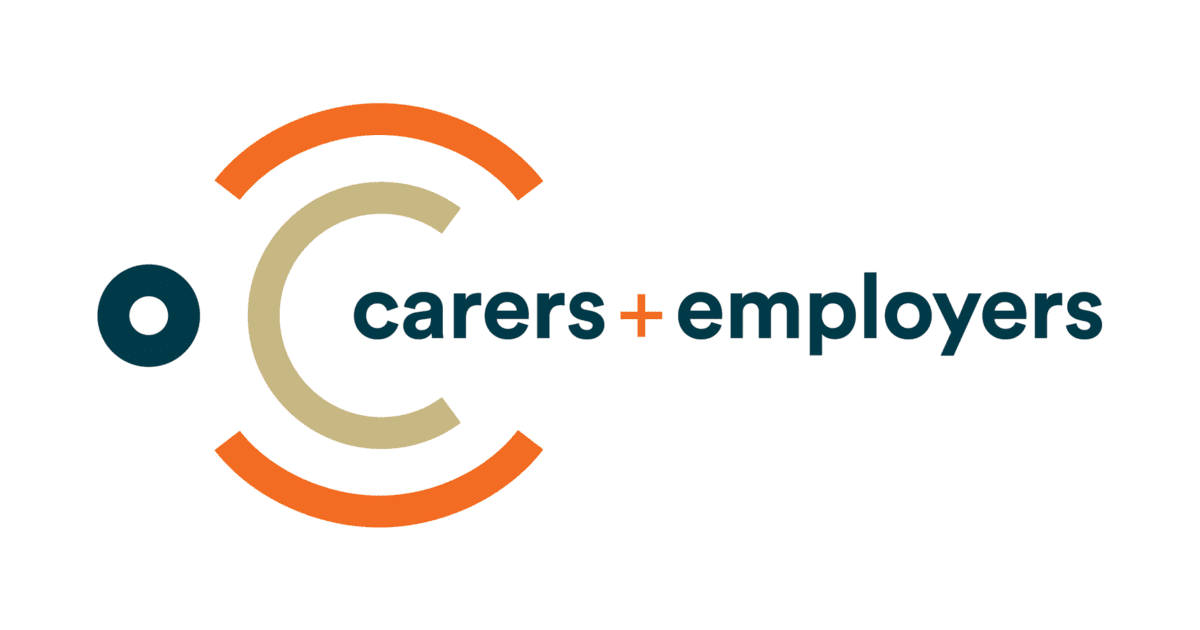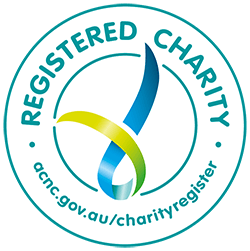- The number of young carers in Australia is soaring, with a 66% increase in the number of carers under the age of 25 since 2018.
- New research shows children carers, as young as eight years old, are not having their basic needs met and are struggling to balance the responsibilities of caring without sufficient support.
- Young carers face unique challenges including difficulties focusing on their education, forming social connections, and securing and maintaining employment.
This report, conducted by Centre for Social Impact at the University of Western, evaluates a Young Carers program in Western Australia, highlights the pressing need for greater supports for all young carers, but especially mental health assistance for those under 14 years old, finding that many mental health support services have high fees, long waiting lists, or will not accept young carers based on strict criteria.
The research underscores the crucial role of the education system in recognising and uplifting school-aged young people, advocating for stronger identification processes and robust support mechanisms within schools.
This call to action emphasises the urgent responsibility to safeguard the well-being and future of our youngest carers.
Currently, there are over 391,000 carers under the age of 25 in Australia, a substantial increase from 235,000 in 2018, including 17,000 who are primary carers. In response to the growing number of young carers, Carers WA developed the Young Carers program to support the 40,000 young people in WA alone who support a family member and/or health challenges. Young carers reported that the program increased their resilience and improved their social wellbeing, quality of life and their family relationships.
While young carers under age 25 can be eligible for financial support from the government, as of March 2024, less than 2% were receiving the Carer Payment or Carer Allowance.
The report details specific cases of young carers, including a four-year old child who was observed feeding and comforting her younger brother with disability. The girl displayed signs of stress and indications of stepping into a parent role, with difficulty engaging in age-appropriate play and activities. Carers WA worked with her parents to help them access additional support, reducing the caring burden on the girl who was re-engaged in age-appropriate activities and began to show improvements in her emotional wellbeing.
The full report is available here.

